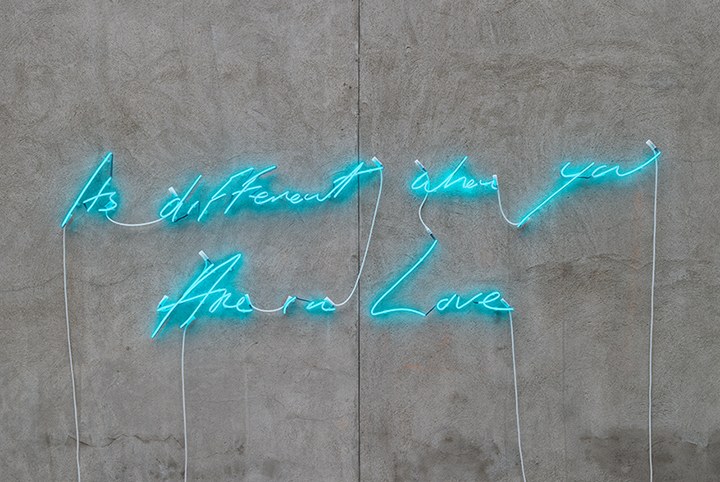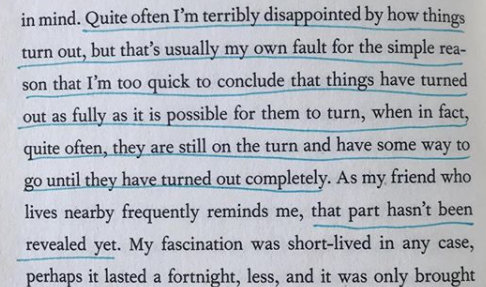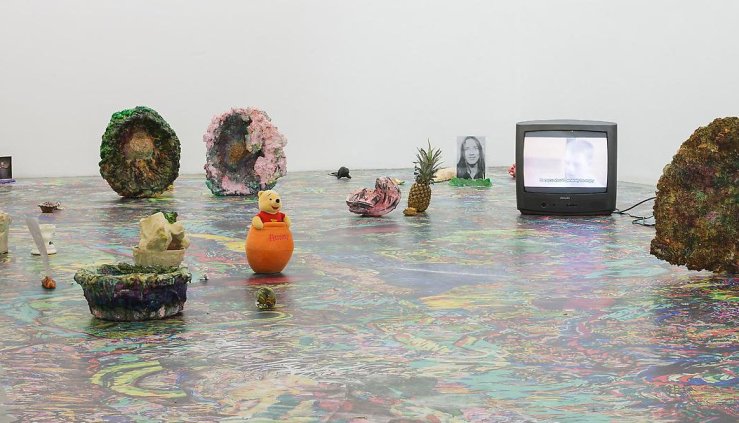I don’t think of myself as a contrarian. I’m useless at confrontation. But I also can’t stand dogma, lazy ideas, catchphrases, group-think, illogic, pathos disguised as logos, shoutiness, ad hominem attacks, bombast, liberal piety, conservative pomposity, ideologues, essentialists, technocrats, preachers, fanatics, cheerleaders or bullies. Like everybody, I am often guilty of some version of all of the above, but I do think the job of writing is to at least try and minimise that sort of thing as much as you can.
-Zadie Smith answers your questions
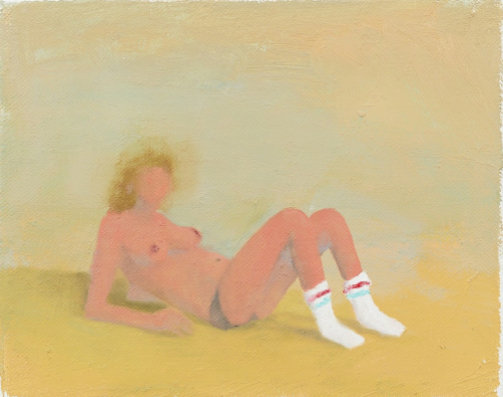
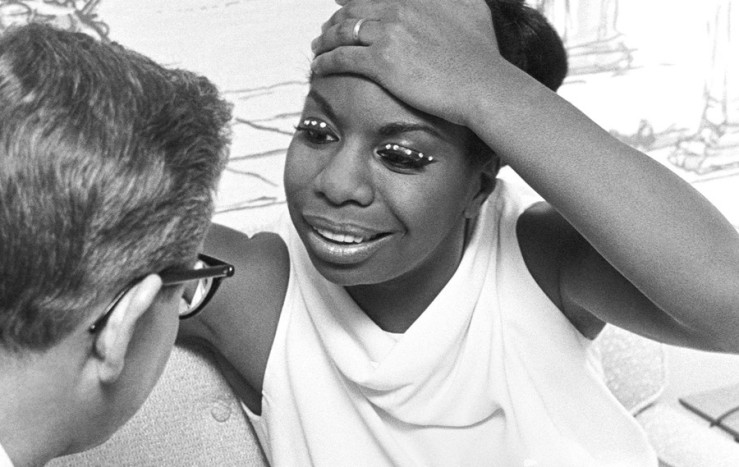
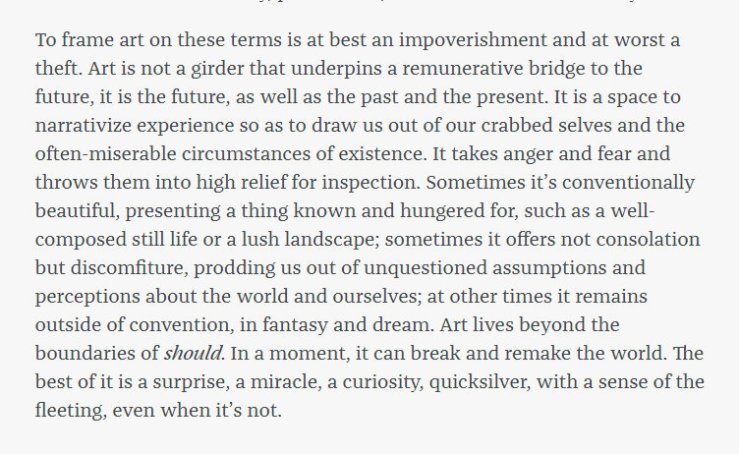 From ‘
From ‘